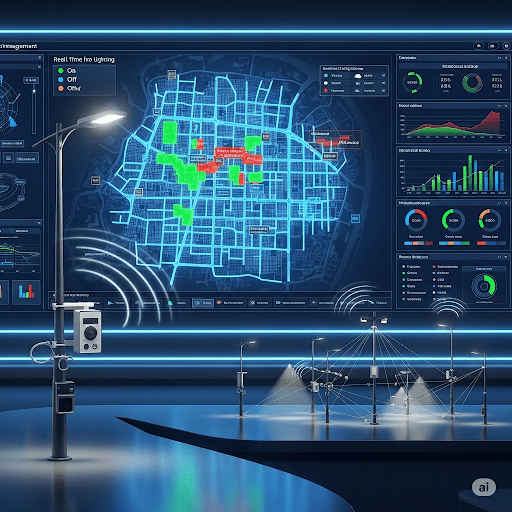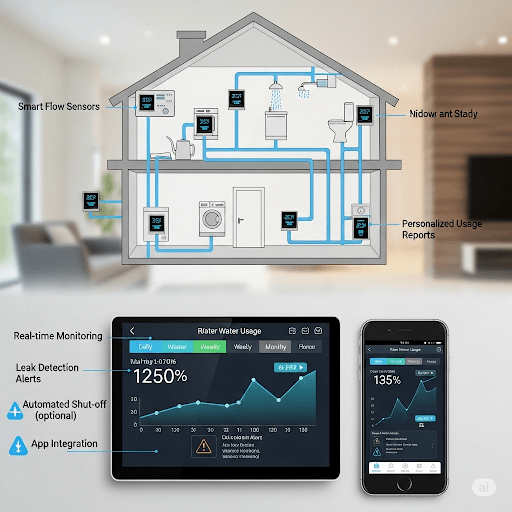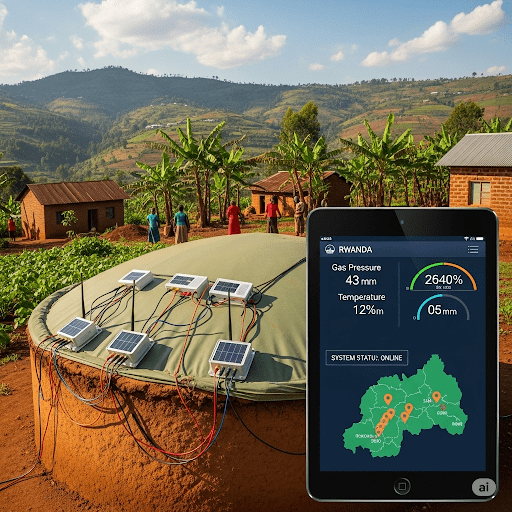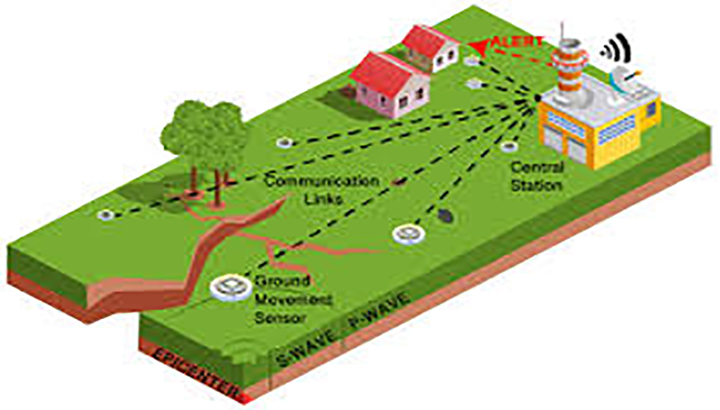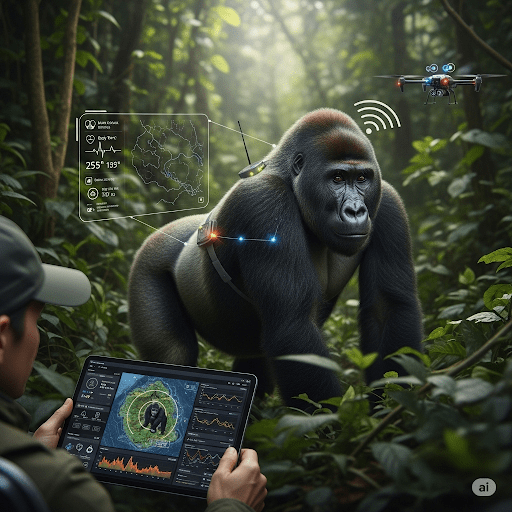Smart Noise Control System for Educational and Office Environments
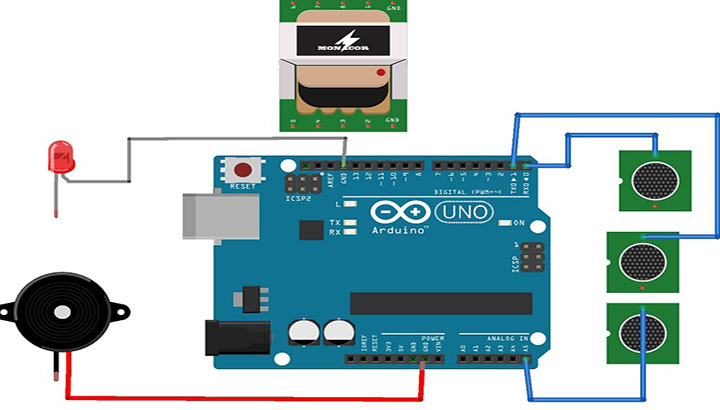
Noise pollution is a significant yet often overlooked environmental issue, impacting millions of people daily. Common health problems resulting from noise pollution include hearing loss, high blood pressure, heart diseases, sleep disturbances, stress, and headaches. The challenge in mitigating noise pollution lies in its detection and the subsequent silencing of the noise source, a task that is impractical to perform manually.
This project proposes an automatic noise pollution measurement and silencing system designed for use in environments such as schools, colleges, libraries, and offices. The system detects noise levels in real-time and automatically triggers alerts when the noise exceeds predefined thresholds, thereby facilitating noise control.
Key features of the system include:
- Automatic detection of noise levels.
- Real-time display of current noise levels.
- Automated alerts if noise levels exceed set thresholds.
- Customizable noise level settings based on specific requirements of the facility.
The system utilizes an array of microphones to accurately measure noise levels in three directions. An Arduino-based controller processes the noise data from these microphones continuously. Users can set the maximum allowed noise levels using the display and buttons on the device. When noise levels remain below the set threshold, the system status is indicated as green. If the noise exceeds the threshold, the system triggers a buzzer alert and displays a message, prompting individuals to reduce noise levels. The alert persists until the noise returns to acceptable levels, upon which the system reverts to green status.
While this project employs an Arduino controller, it can also be enhanced by using an ESP8266 module to send data online for remote monitoring and control. Alternatively, integrating a GSM module with the Arduino can enable SMS notifications for noise level alerts, further expanding the system's versatility and application in various settings.
This innovative solution provides an effective and automated approach to managing noise pollution, ensuring a quieter and healthier environment in various settings.
Related project idea for free
Intelligent management system for streetlight
The main objective of this research is to assess the importance of using an automated streetlight management and monitoring system. This research seeks to contribute in REG’s management and monitoring of streetlight. The information obtained through the research will assist different organi...
Read more>>household water consumption management system - IoT based project
Water is a vital resource in practically every aspect of our lives, including our homes, where water is used for cleaning, drinking, and a variety of other activities. Governments have already put in place strategic measures to supply this natural resource in urban and rural areas where people dw...
Read more>>IoT based biogas status monitoring system
Biogas is produced from biological process of mixed organic materials with the help of bacteria that facilitate the anaerobic digestion process. Biogas can be produced from manure agricultural waste or from other biomass resources available almost everywhere. Many developing countries especially...
Read more>>flood and landslide disasters monitoring and SMS alert system - IoT based project
Floods and landslides are among Rwanda's biggest calamities, having a significant impact on human lives, human development, property, infrastructure, and the environment as a result of topographical factors, excessive rain, and mining activities. The design and implementation of IoT-based floods...
Read more>>IoT Based Gorilla monitoring system
Rwanda is a country in Africa with many mountains covered in forest. These forests are home to a variety of animal species, making it a popular tourist destination. The most appealing geographical ecology is Rwanda's national volcanic park (NVP) forest, which is home to mountain gorillas. Gorilla...
Read more>>
